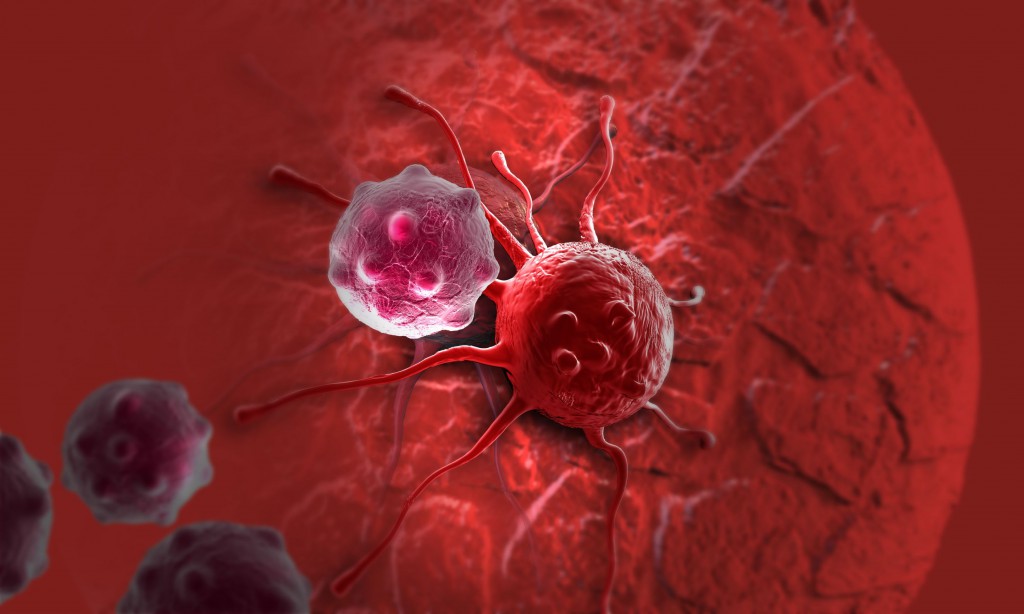
You may have heard that antioxidants are good for you, but in some cases, they can be harmful. In 2014, a study led by Dr. Martin Bergo at the Karolinska Institutet in Sweden showed that antioxidant supplements, such as vitamin E, accelerated tumor growth. This sparked much controversy as it was previously believed that antioxidants prevented tumor progression.
Since then, more evidence suggests that antioxidants indeed promote tumor progression by reducing reactive oxygen species (ROS) that block tumor growth. In 2019, the same group published a follow-up study to further explain how antioxidants promote lung cancer metastasis.
In this new study published in Cell, Dr. Bergo’s team showed that supplementation of antioxidants stabilizes a transcription factor called BACH1. Stabilized BACH1 then proceeds to activate several mechanisms that contribute to metastasis, such as increased glycolysis rate, glucose uptake and lactate secretion.
How do antioxidants stabilize BACH1? The researchers found that antioxidants reduce ROS, which then inhibits the release of free heme, an iron-containing molecule in the blood that carries oxygen. Turns out, free heme promotes the degradation of BACH1 protein. Reduced amounts of free heme therefore stabilize BACH1.
This study also sheds light on a hallmark of cancer called the Warburg effect, in which cancer cells reprogram their energy metabolism to use glycolysis as the main source of energy production–even in the presence of oxygen (“aerobic glycolysis”). The BACH1 protein may provide an explanation for how aerobic glycolysis can be activated in tumors.
The discovery of the role of BACH1 in lung cancer metastasis could lead to potential treatments. The study showed that antioxidant-induced metastasis can be blocked by inhibiting BACH1 production or by using drugs that suppress glucose metabolism. In the future, drugs targeting BACH1 or up- or downstream proteins may help prevent lung cancer metastasis.
Reference:
Wiel, C. et al. (2019) BACH1 Stabilization by Antioxidants Stimulates Lung Cancer Metastasis. Cell. 178(2), 330-345
Learn more about how energy metabolism is altered in cancer and detecting the smallest metabolic changes at www.promega.com/applications/molecular-oncology/changes-in-energy-metabolism/
Latest posts by Johanna Lee (see all)
- Microfluidic Organoids Could Revolutionize Breast Cancer Treatment - March 25, 2025
- Bacteria From Insect Guts Could Help Degrade Plastic - January 28, 2025
- A Diabetes Drug, Metformin, Slows Aging in Male Monkeys - December 19, 2024
